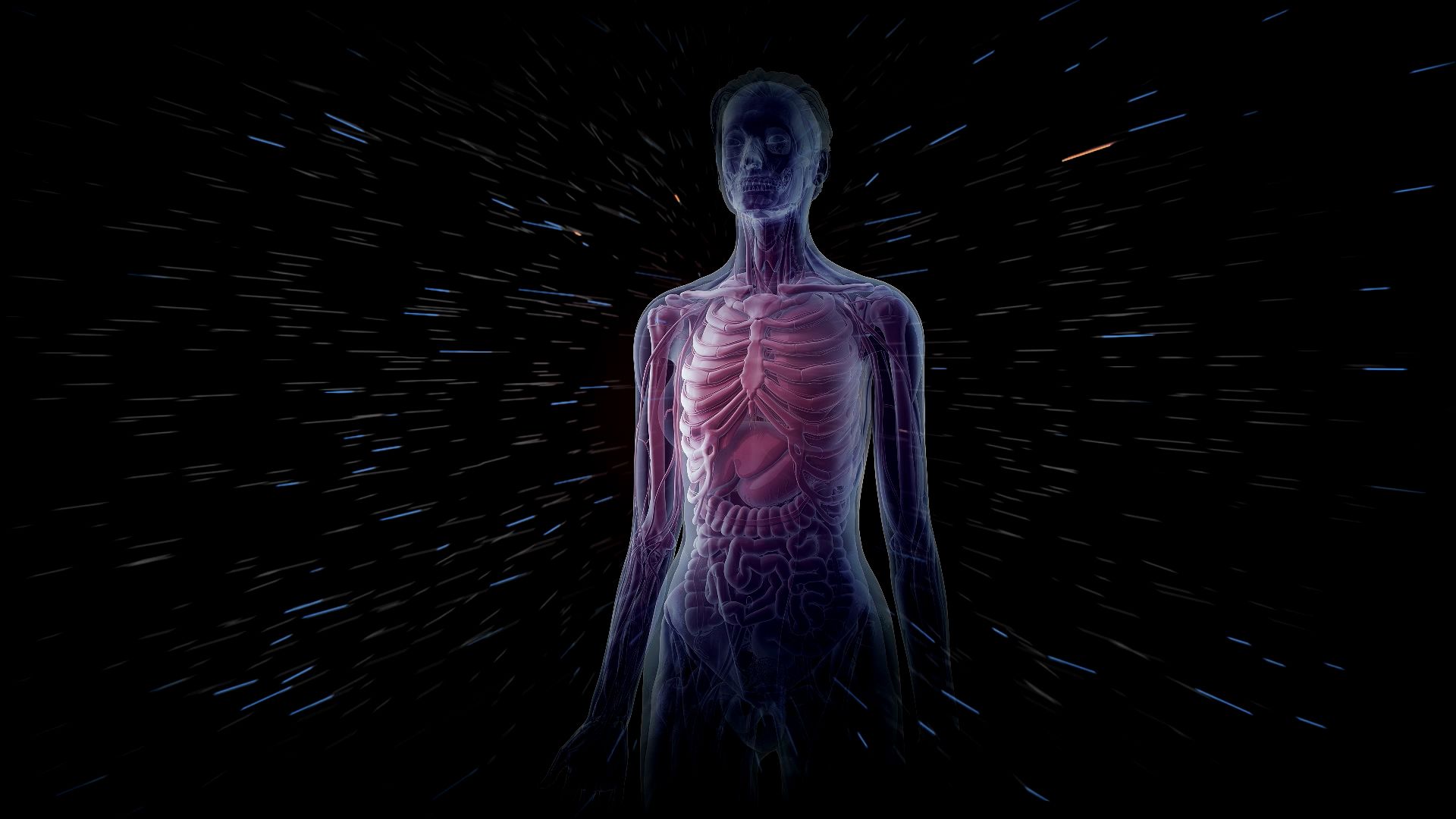
Space has many ways to kill you. One stand-out among the menu of options: radiation, the constant stream of charged particles ricocheting through space at incredible speeds. There's radiation trapped directly around Earth, and the particles are also produced by our own sun and by stellar explosions. And scientists have some bad news: Radiation is getting worse.
Scientists have known for decades about the dangers of radiation—it's one of their biggest concerns about long-term space travel and in particular about visiting Mars, which lacks the magnetic shield that protects Earth.
Space radiation isn't the same thing as the radiation we worry about here on Earth, like x-rays, which is made of light that our eyes simply can't process. Instead, it's subatomic particles and the cores of elements—but moving almost as fast as light. Absorb enough radiation and it can cause long-term health problems, including cancer. It's not even good for the machines that power our space-faring robots, since it also slowly eats away at technology.
And according to a recent paper published in the journal Space Weather, space radiation is getting worse, and faster than scientists had expected it would. That's based on radiation measurements taken onboard the Lunar Reconnaissance Orbiter, which has been circling the Moon for almost a decade.
Scientists expect levels of radiation to fluctuate in response to natural cycles in the sun's activity, since our star is one of the key sources of radiation in our solar system. But counterintuitively, space radiation actually gets worse as the sun quiets down. That's because a quieter sun produces a weaker magnetic field, letting more radiation slip out into space. And our sun is having an unusually quiet time of it lately.
Read more: NASA Put Dangerous Bacteria on a Satellite to Find Treatments for Future Space Travelers
"When we started sending human beings to the moon in the late '60s, the solar activity cycles were fairly strong, so the number of cosmic rays were lower," first author Nathan Schwadron, a plasma physicist at the University of New Hampshire, told the Boston Globe. "But now the cosmic rays number is going up."
Even if you never intend to visit space yourself, that radiation could be concerning, since airplanes carry passengers above part of Earth's protective atmosphere. That said, even the most dedicated jetsetters log only enough radiation to increase their health risks by a tiny fraction.
Uncommon Knowledge
Newsweek is committed to challenging conventional wisdom and finding connections in the search for common ground.
Newsweek is committed to challenging conventional wisdom and finding connections in the search for common ground.
About the writer
Meghan Bartels is a science journalist based in New York City who covers the science happening on the surface of ... Read more
To read how Newsweek uses AI as a newsroom tool, Click here.








